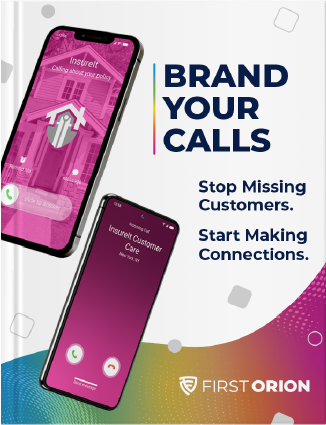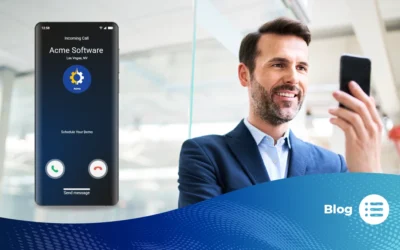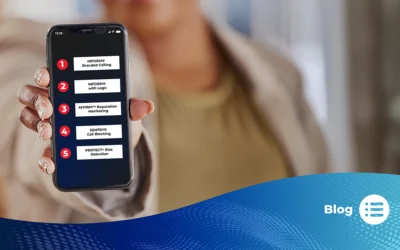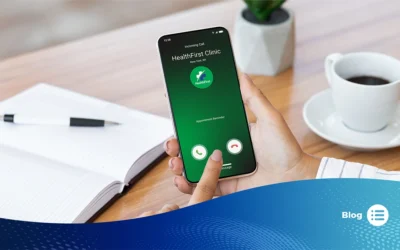If you’ve ever gotten a call from a number suspiciously similar to your own, you’ve probably been the victim of number spoofing. Technology has made it easier than ever for criminals to disguise their numbers so they can trick you into picking it up – but is number spoofing actually illegal?
Caller ID spoofing is when a caller deliberately changes the information transmitted to your caller ID to hide their identity. Scammers and robocallers have increasingly used neighborhood spoofing to connect to potential victims. The display shows a number similar to your own regardless of its origination, increasing the likelihood you’ll answer the call. They rely on piqued curiosity to get you to pick up.
Technically, this practice is illegal; under the Truth in Caller ID act, the FCC prohibits anyone from transmitting misleading or falsified information with the intent to defraud. Number spoofers can face fines up to $10,000 for each violation. Criminals are gonna crime regardless, and most violators are calling from outside of the U.S. which makes them nearly impossible to catch.
There’s an interesting distinction in this law, though. “With the intent to defraud, cause harm, or wrongfully obtain anything of value” is the key in all of this. Not all number spoofing is illegal, just when it’s done with malintent. There are legitimate reasons for spoofing that are completely legal, such as a doctor calling a patient from a personal phone and displaying an office number, or a business showing a toll-free call back number instead of an extension.
If you get frequent calls from numbers eerily similar to your own, it’s possible the numbers have been spoofed. Scammers change the numbers they use frequently, making it more difficult to detect bad actors. That’s why we developed CallPrinting, a software that uses data science technology to detect illegitimate mobile calling activity. Blocking apps that use contacts or known scammers to weed out fraudulent calls are merely scraping the surface of potential scam calls. With CallPrinting, there’s no need for outside software because it works within your mobile carrier’s network.
If you suspect you’ve received an illegally spoofed call, or have been the victim of a spoofed calling scam, you can file a complaint with the FCC.





